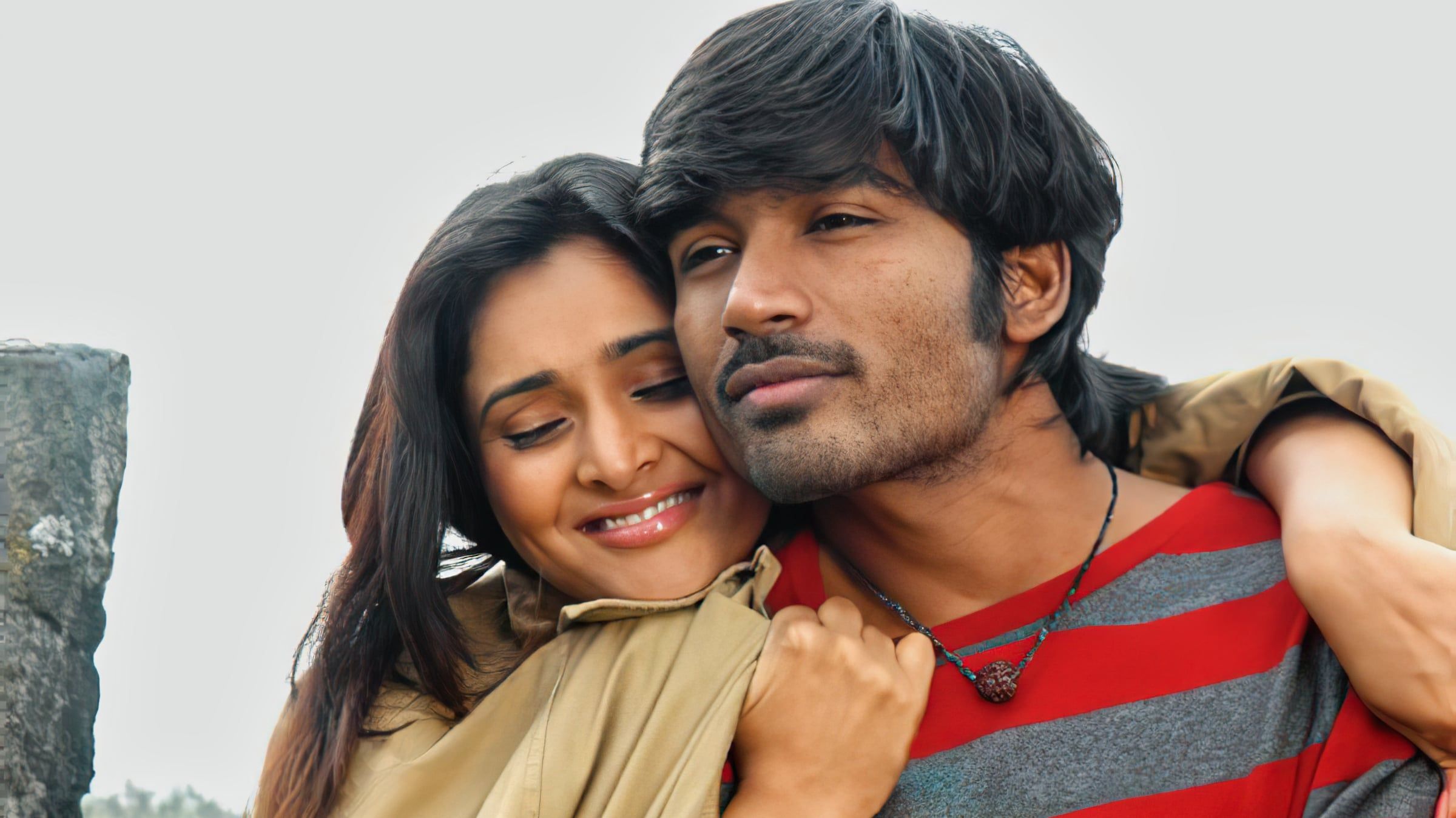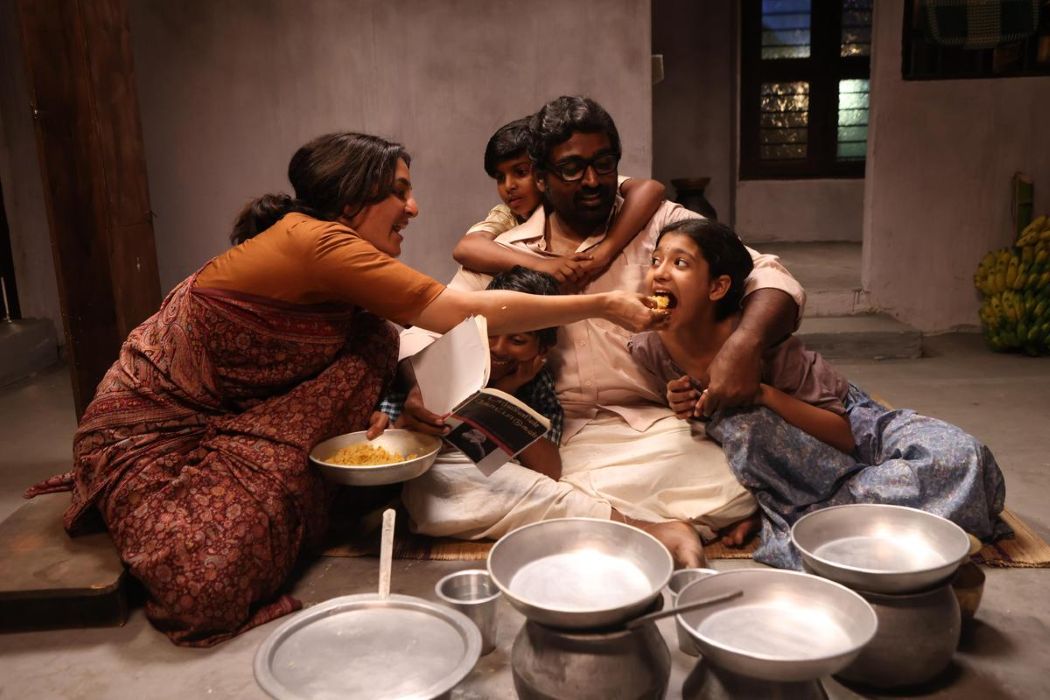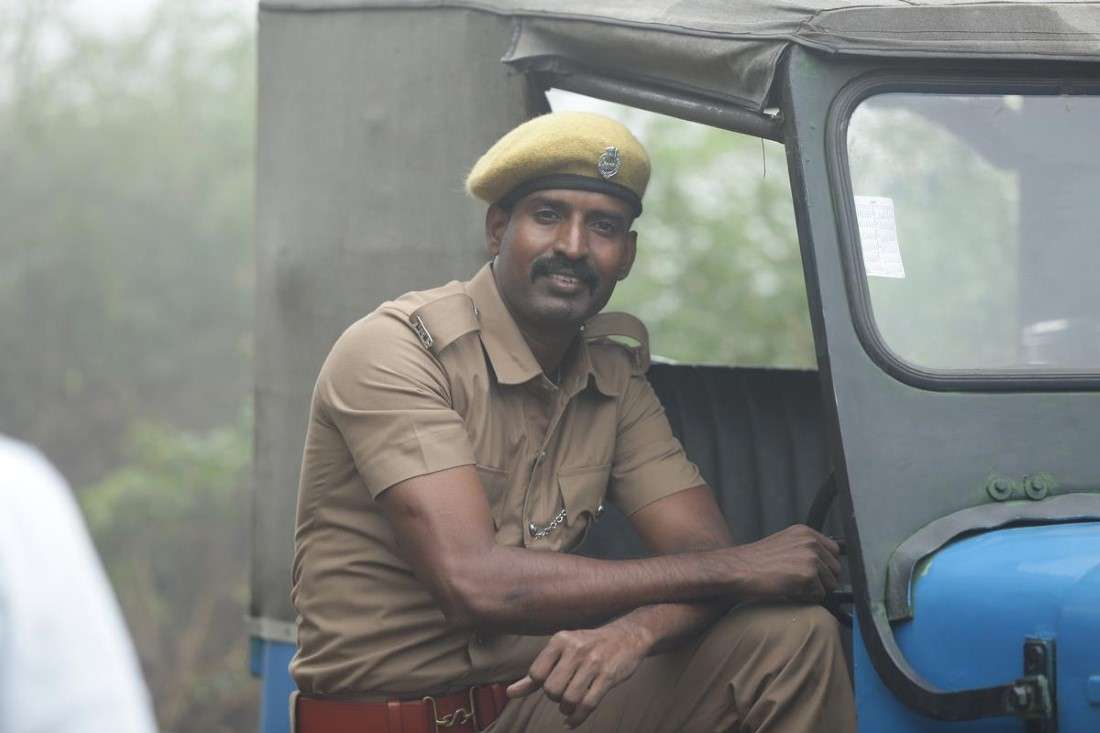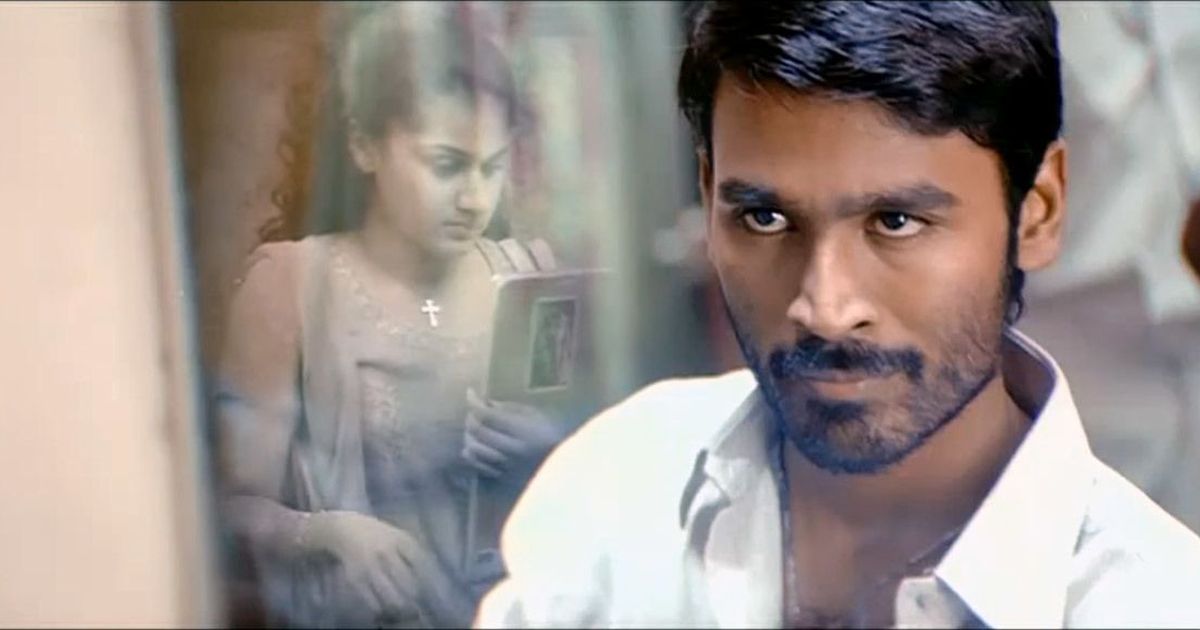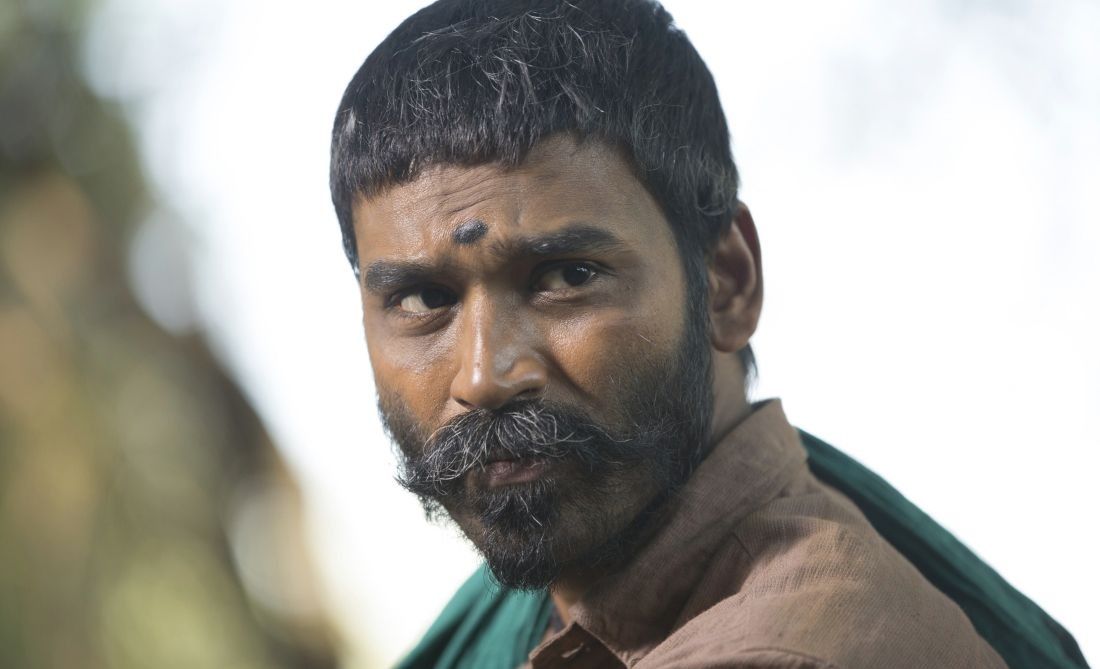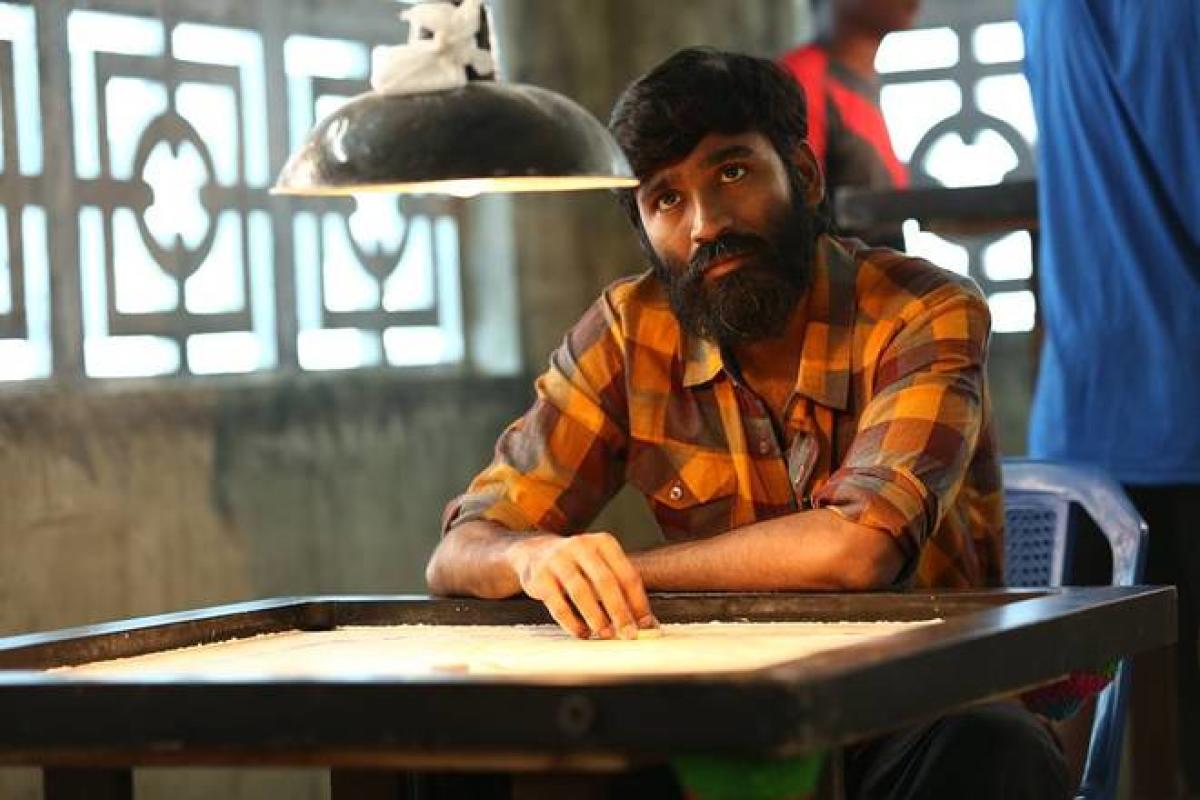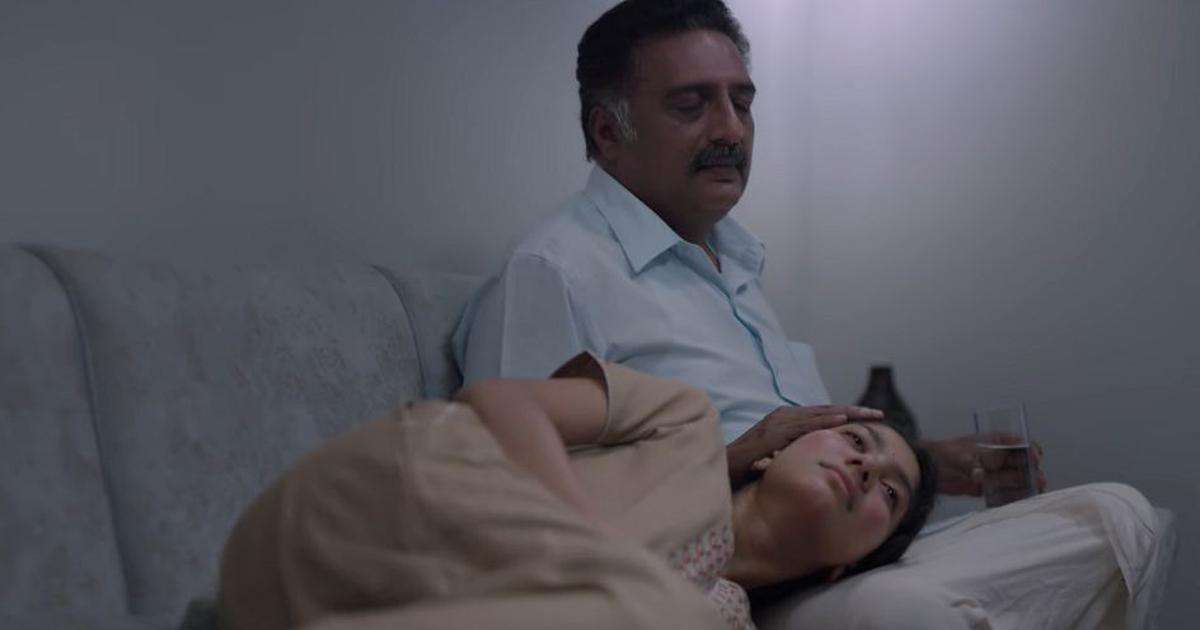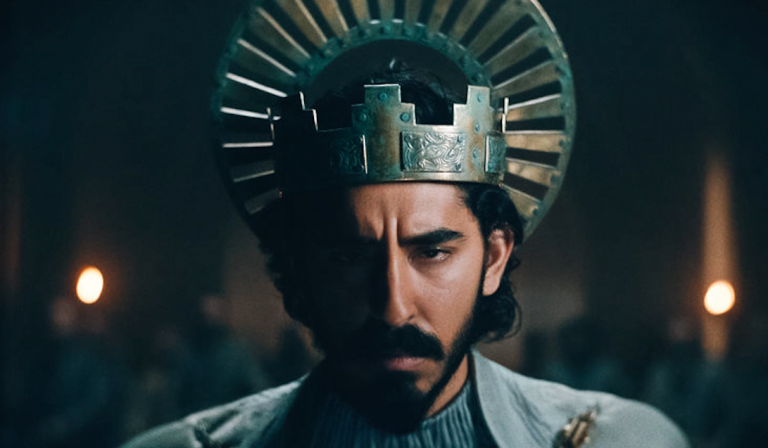Tamil filmmaker Vetrimaaran belongs to a rare breed of directors whose taut screenwriting, intuitive casting, and grounded storytelling have reshaped the grammar of mainstream Tamil cinema. His films, though steeped in the social and political textures of Tamil Nadu, transcend geography through their exploration of universal human conflict. With sculpted dialogues, moral complexity, and an unflinching gaze at injustice, Vetrimaaran’s cinema breathes new life into popular filmmaking — proving that artistic integrity and mass appeal need not be mutually exclusive.
Each of his works is defined by a coherent, powerful aesthetic that immerses viewers in morally ambiguous worlds — landscapes where brutality and empathy coexist. At his most compelling, Vetrimaaran constructs narratives that move fluidly between rural desolation and urban decay, drawing attention to communities often invisible in mainstream storytelling. His characters are never mythologized heroes or villains but ordinary people — workers, farmers, outlaws — whose choices are shaped by the oppressive systems surrounding them.
With seven features and one short film, Vetrimaaran has cemented his place as one of the most vital and accessible filmmakers of contemporary Indian cinema. His style unfolds in deliberate, unhurried rhythms that evoke both documentary immediacy and narrative tension. Some viewers find his films viscerally brutal, even emotionally shattering; yet, beneath the surface lies an undercurrent of compassion. Few directors balance such political urgency with such human warmth.
Recurring through his work are themes of caste oppression, systemic injustice, and the moral burden of violence. In Aadukalam, Visaranai, and Asuran, we witness ordinary individuals crushed by institutional power — their defiance a fragile but luminous act of dignity. Vetrimaaran’s camera observes without sentimentality, often handheld, favoring natural light and ambient sound to heighten authenticity. His collaborations with actor Dhanush, composer G.V. Prakash Kumar, and cinematographers like Velraj have created a cinematic language both visceral and poetic.
7. Polladhavan (2007)
Vetrimaaran’s debut feature film opens with a gruesome and brutal fighting sequence. Then, using flashback, the filmmaker takes us into the dynamic world of contemporary Chennai, where an educated young man, Prabhu (Dhanush), fights injustice and, in the process, is forced to unleash the animal within him. The protagonist is an unemployed youth who confronts his father (Murali), and an argument regarding the responsibilities of parents towards their offspring ensues.
Also Read: Every Sriram Raghavan Film Ranked
As a result of this conflict, Prabhu gets a hefty amount from his father, and he uses the money to purchase a Bajaj Pulsar bike. This appears to be a wise investment because owning the vehicle enables him to get a job and earn respect in society. But the situation takes a drastic turn when a gang of anti-socials steals his bike. After that, the film presents the viewers with the transformation of resilience into power and its hold over the life of an individual’s struggle to maintain his position in the harsh reality of everyday life.
The plot of the film has similarities with “Bicycle Thieves” (1948) and “Beijing Bicycle” (2001). But the well-worked-out mise-en-scenes of “Polladhavan” make it an entertaining tale of a casual, urban, carefree person’s conversion into a person of genuine worth and true dignity. “Polladhavan” was remade in Kannada as “Punda,” in Telugu as “Kurradu” starring Varun Sandesh, in Sinhala as “Pravegeya,” in Bengali as “Borbaad” (2014), and in Hindi as “Guns of Banaras” (2020). However, none of them could achieve the excellence earned by the original version.
Where to Watch:
6. Viduthalai Part II (2024)
While Vetrimaaran’s Viduthalai: Part I centers on police constable Kumaresan’s (Soori) moral turmoil as the police launch a ruthless campaign to capture the elusive revolutionary Perumal (Vijay Sethupathi), Part II shifts its focus to Perumal himself — tracing his transformation from an unassuming village schoolteacher into a hardened militant.
The film revisits the brutal caste atrocities committed by the landowning elite, Perumal’s early involvement in non-violent resistance against the nexus of wealth and power, his association with the Communist movement, and his tender yet turbulent love for the resolute Mahalakshmi (Manju Warrier). Together, these elements chart the evolution of a man compelled by circumstance to become a people’s leader — and, ultimately, a symbol of rebellion.
Running parallel to this backstory, the narrative unfolds in the present, depicting the aftermath of Perumal’s capture by the police — with Kumaresan once again at the moral crossroads, torn between duty and empathy. At times, Part II veers into an ideological tract, functioning almost like a visual essay on leftist thought. The cyclical nature of violence and oppression portrayed here — both emotionally and narratively — recalls Vetrimaaran’s Asuran. The slow-motion action sequences, though technically impressive, feel familiar and occasionally disrupt the tonal balance, evoking déjà vu from the director’s earlier, more assured works.
Viewed together, the Viduthalai films reveal a creator deeply absorbed by politics, perhaps at the expense of storytelling cohesion. It’s particularly disappointing that Kumaresan, the emotional anchor of Part I, is almost relegated to a narrative footnote in the sequel. Still, Part II contains some of Vetrimaaran’s most arresting moments — especially the ‘cliffhanger’ ending and the haunting inevitability that precedes it. In the end, Viduthalai feels like an ambitious but uneven effort: neither as politically resonant as it aspires to be nor as cinematically gripping as Asuran or Aadukalam.
Recommended Read: 15 Best Vijay Sethupathi Movie Performances
5. Viduthalai: Part I (2023)
Vetrimaaran’s “Viduthalai,” based on prolific author Jeyamohan’s short story “Thunaivan,” started as a low-budget project like “Visaranai,” reintroducing comical actor Soori as the protagonist. But considering the story’s scope and the casting of Vijay Sethupathi as the rebel leader Perumal ‘Vaathiyar,’ “Viduthalai” became the long-gestating project in Vetrimaaran’s career.
Set during the turbulent 1980s period in Tamil Nadu and heavily drawing from the documented cases of police brutality (like the Vachathi case), “Viduthalai: Part I” unfolds from the perspective of Kumersan (Soori), a low-ranked police official assigned to the special police battalion in charge of quelling the Tamil People’s Army’s rebellion, and catch its leader, Perumal. Kumerasan drives the police jeep in the hilly terrain and witnesses firsthand the various oppressive tactics to displace the tribal communities and clear the land for the mining operations.
“Viduthalai: Part I” is not only the most brutally violent film in Vetrimaaran’s filmography but also one of the most disturbing films ever made in Tamil cinema. The graphic depiction of the police authorities’ violence – particularly against women – can profoundly distress the viewers. Like Vetrimaaran’s previous works, “Viduthalai” highlights the major issues of environmental exploitation and social injustice.
Yet one could wish the film were relatively concise and not make us wait for the answers with a sequel that’s going through one reshoot after another. The most significant discovery of “Viduthalai” is Soori as the leading man. Unlike most comedian-turned-lead actors, Soori has proved his incredible acting range and followed it with versatile performances in “Garudan” and “Kottukaali.”
4. Aadukalam (2011)
As the roosters combat in the arena with each other, it becomes a fight of the egos of the individuals who own the fowl. So, when Karuppu’s rooster emerges victorious, he not only earns a lot of money but also the enmity of his bosses, Periyasamy (V. I. S. Jayapalan) and Rathnasamy (Naren). From then onwards, the life of our protagonist will be filled with one hurdle after another as the tale of loyalty, self-esteem, deception, and honor unfolds.
Related Read to Vetrimaaran Films: 15 Great Tamil Movies You Can Stream On Netflix Right Now
In his sophomore venture, Vetrimaaran presents a varied cultural pattern of rural Tamil Nadu. He uses realism, tradition, and contemporaneity, soaked in local flavor within the narrative structure of his tightly structured screenplay. The conflicts introduced within the plot points create tension by employing smart conventions that are able to sustain the viewer’s anticipation. The film’s editing pattern maintains a commendable pace and multi-layered visual design that heightens the film’s impact. Though the filmmaker has openly admitted that he was inspired by the dogfighting scene of “Amores Perros” (2000), Vetrimaaran has infused his style and poise within the narrative.
Despite its strong content and potential for box-office success, filmmakers from other regions have not dared remake the film until now. The reason is that the film’s milieu is so rooted in Tamil Nadu. At the 58th National Film Awards, the film won five awards: Best Director, Best Screenplay, Best Editing, Best Choreography, and Special Jury Award for Acting.
Where to Watch:
3. Asuran (2019)
What becomes the last resort for a farmer who goes on the run with his family as he is compelled to protect his son, who has murdered a wealthy upper-caste landlord in a fit of vengeance? The reply should be to fight with the oppressing forces and reclaim his identity. That is precisely what Sivasaami (Dhanush) does to break away from the uncomfortable social status he has inherited. Based on the novel “Vekkai” by Poomani, Vetrimaaran’s screen adaptation is so watertight that every occurrence in the screenplay feels alluring.
Related Read to Vetrimaaran Films: Asuran (2019) Review: Rise, Asuran, Rise!
With “Asuran,” Vetrimaaran continues his excellent cinematic flair as a director, enhancing his commendable grasp of the tropes of mainstream cinema. The film also benefits from technical polish – the cinematography, background score, and editing are all top-notch. “Asuran,” too, has gut-wrenching violence and prepares the viewer for the edge-of-seat tension. The narrative follows a rhythm where the plot is revealed without wasting much of the screen time. The film belongs to the genre of revenge saga, which is told from the perspective of an oppressed caste protagonist.
It’s one of those mainstream films that fulfills a social purpose, for it’s hard to imagine anyone viewing “Asuran” and not abhorring the evil practice of casteism in our country and how it voluntarily degrades human values and status. At the Norway Tamil Film Festival Awards 2020, Vetrimaaran won the award for best director. The film also won two National Film Awards—Best Feature Film in Tamil and Best Actor.
Read the Complete Review of Asuran (2019) Here
Where to Watch:
2. Visaranai (2016)
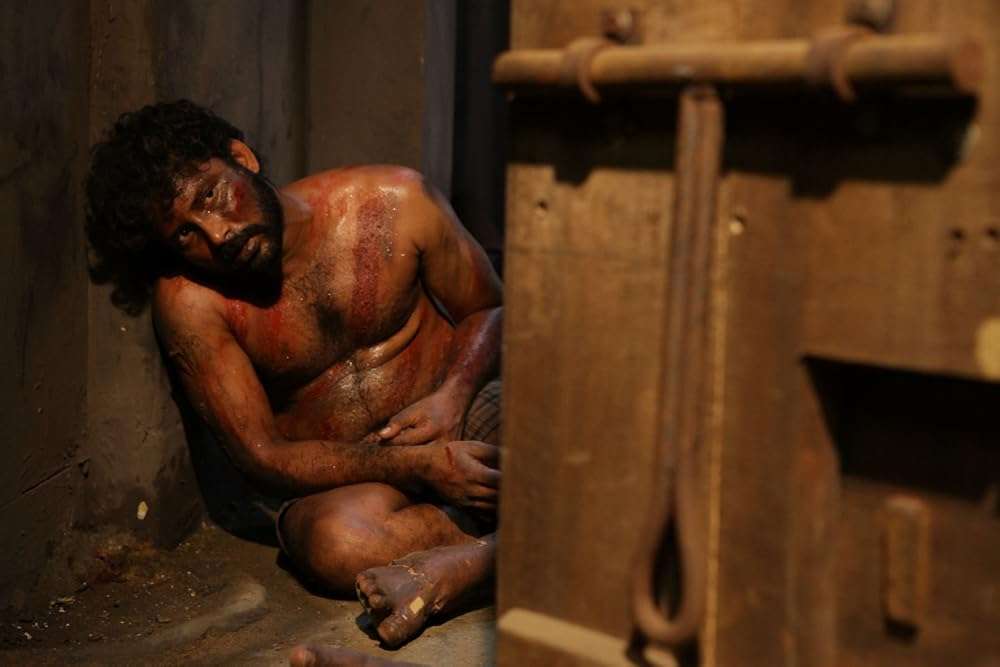
Based on the novella “Lock Up” by M. Chandrakumar, Vetrimaaran’s third outing in its first half has such brutal scenes of police torture that one could genuinely feel the bestial act of police torture. The viewers are compelled to cringe and empathize with the plight of four helpless souls. The film’s narrative can be strictly divided into two sections.
Four Tamil migrant workers are falsely accused of a burglary case that took place at a wealthy and affluent man’s bungalow in Andhra Pradesh. The police beat these four men, black and blue, and want them to confess. Not able to withstand the pain, they agree to accept the charges. Once they are produced in the court, the film’s narrative takes a twist, and the viewers are presented with one shocking surprise after the other.
The filmmaker displays superb craftsmanship and commitment to an engaging, dramatic tale that ends in tragedy. The film subtly depicts that the characters in the movie become victims because of the system that protects criminal behavior. It is a profoundly troubling film that is devoid of cathartic and healing moments. Vetrimaaran is not hesitant to construct brutal scenes with ease, and he is not afraid to carve out his unique style. The film premiered at the 72nd Venice International Film Festival, where it won the Amnesty International Italia Award. Back home, it won three National Film Awards: Best Feature Film in Tamil, Best Supporting Actor, and Best Editing.
Where to Watch:
1. Vada Chennai (2018)
A tale of criminal activities narrated in a non-linear pattern over the span of more than two decades is the perfect recipe for a crime drama. Vetrimaaran’s narrative takes the viewers on a journey lasting nearly a hundred and sixty-four hours. It introduces them to the world of guilt, regret, and vital decisions leading to loyalty turned into betrayal. The protagonist of the film Anbu (Dhanush) is an expert carrom player, but his life gets entwined in the world of crime. He gets pulled into the vortex so deeply that penitence eludes him after a point in time.
Related Read to Vetrimaaran Films: Top Tamil Movies of 2018 and Where To Watch Them
With an ensemble cast, the film’s story is set in the underbellies of North Chennai, as the title implies, and the film’s theme is more nuanced than the conventional black-and-white morality tales where evil is punished by good at the end. “Vada Chennai” blatantly showcases the graphic world of crime and violence and investigates the nature of friendship and the ethics of vigilantism. Vetrimaaran’s script is a masterclass in non-linear narration. He delves deeply into the minds of his conflicted characters and explores how marginalized people grapple with moral codes and their emotions.
He further engages with many of the most fundamental questions about our humanity and how we relate to one another in a complex world. The stylistic elements in the film earn comparisons, bearing marked connections to several of Vetrimaaran’s other films. The film won the Best Film (People’s Choice Award) at the Pingyao International Film Festival 2018. At the Filmfare Awards South, Dhanush won the trophy for Best Actor.
It was unfortunate that Vetrimaaran didn’t follow through with Anbu’s story with a Part II yet. The filmmaker’s decision to expand the “Vada Chennai” world with Simbu-starrer “Arasan” looks interesting (although the promo is a bit high on ‘hero worshipping’ mode). And I hope it doesn’t turn into another futile cash-grab ‘universe’ movie.
Read the Complete Review of Vada Chennai (2018) Here
Where to Watch:
Special Mention: Oor Iravu (2020)
“Oor Iravu” is a part of the Tamil anthology drama “Paava Kadhaigal” (2020). On the surface, the short film depicts the tale of a daughter, Sumathi (Sai Pallavi), who had eloped from her village and now has reunited with her father, Janakiraman (Prakash Raj). However, as the story progresses, we discover the sensitivity and intricacies of the complex human psyche of individual characters within the film.
Also, Read: Paava Kadhaigal (2020) Netflix: Sinful Filmmaking under the Garb of Hard-Hitting Social Drama
Vetrimaaran treated the film with a bold and innovative style, choosing a subject in which form and content merge. The pacing is not fast like in his other films; instead, it is a slow study of how Sumathi’s decision has impacted the lives of various family members. Vetrimaaran did not deviate from his usual style of narrative exploration, but he brought an understated rhythm to the unfolding of the events. “Oor Iravu” ends on a depressing note as we realize that such evil things are a reality and will continue to happen unless and until the evils of casteism are obliterated from our society.

